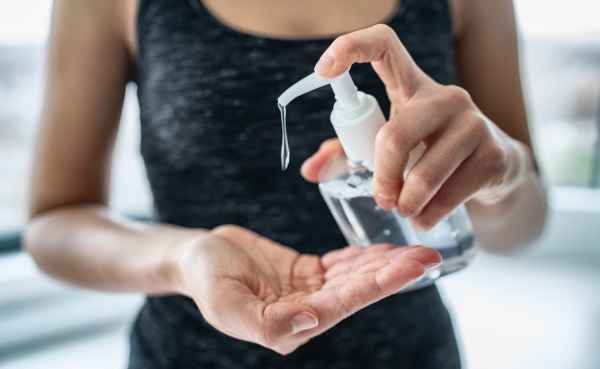A number of School staff have been involved in research activities and collaborations relating to the world pandemic. Here are some of the current activities.
– Prof Graeme Ackland is coordinating a Royal Society response: Rapid Assistance in Modelling the Pandemic (RAMP). RAMP has assembled a database of over 3000 academics willing to assist epidemic modelling groups in their efforts. All major groups currently reporting through to the UK government have now had coders seconded from RAMP.
– Some staff are working on UK Research and Innovation (UKRI) coordination to make a large compute resource available for Covid-19 simulations. Such work includes collaboration with particle physicists and computer scientists from research institutes and centres across the UK.
– New research from Prof Rosalind Allen which is related, but not specific to Covid-19, shows a new and faster way to speed up detection of viruses and bacteria using computer simulations.
Read more about this news story
– During the first week of lockdown, the Edinburgh Complex Fluids Partnership (ECFP) set up a COVID-19 Response team, chaired by Prof Wilson Poon. Working with Edinburgh Innovations, the University’s commercial arm, the partnership are currently running projects to support industry from making hand gels for sanitising skin, to disinfecting PPE for NHS and healthcare workers.
The first project, led by Prof Poon, is formulating alcohol-based hand gel. The alcohol-based formulation recommended by the World Health Organisation is very liquid like and runs off the hands leading to poor coverage and waste. Hand gels require an ingredient, usually a polymer, to ‘thicken’ the formulation so that it will not drip off hands and can be rubbed in. The team are performing rheology experiments to explore a range of potential rheology modifiers that are compatible with active ingredients known to kill viruses (e.g. ethanol). Many ingredients are in short supply so it is important that a variety of options are explored. The results will help manufacturers provide key workers with hand sanitisers that are essential to protect themselves and their families.
The second hand sanitiser project, led by Dr Job Thijssen, uses hypochlorous acid (HOCl) without any alcohol. Hypochlorous acid is known for its biocidal (virus killing) activity. It is a weak acid and is the same chemical produced by the human immune system to kill invasive organisms and fight infection. The team are collaborating with a local company, which produces HOCl via an electro-dialysis process using three everyday components: water, food grade salt, and electricity; to structure the liquid phase to form gel without affecting its biocidal performance. The team are looking to submit an EPSRC-IAA Rapid Response Call, a fast-track funding route created by the University to support academics and external organisations to respond to challenges or opportunities triggered by the Covid-19 pandemic. Working with the same local company, a third project involving ECFP was discussed to disinfect NHS face masks for re-use.
The ECFP have also submitted three expressions of interests to Interface, a central hub connecting businesses to Scotland’s 23 higher education and research institutes. Whilst being unsuccessful for the ‘Face Mask Efficacy’ proposal, ECFP are still awaiting results for the other two nanoparticle-based cleaning and disinfection proposals.
In parallel, academics associated with ECFP are exploring a new research area to apply their expertise in nanoparticle interactions on surfaces and interfaces to develop an understanding of how viruses can be transferred between people or be destroyed.
Learn more about:
Edinburgh Complex Fluids Partnership (ECFP)



